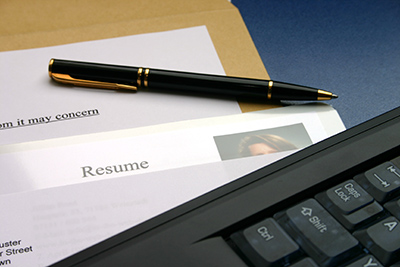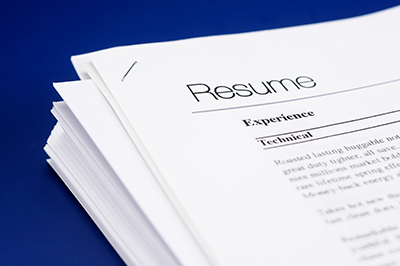 Writing a cover letter can be challenging, what do you put in it? That depends on what you are applying for. Is it a posted job? Then you want to reference the posting and how your skills will benefit the company specific to that posting. Reference the skills required section of the posting and give some concise examples as to how you are experienced in those.
Writing a cover letter can be challenging, what do you put in it? That depends on what you are applying for. Is it a posted job? Then you want to reference the posting and how your skills will benefit the company specific to that posting. Reference the skills required section of the posting and give some concise examples as to how you are experienced in those.
If you are sending out your resume cold it can be a bit trickier. Applying for a job that isnt posted is a risk and more difficult. Because nothing is posted you want to start the cover letter as clear as possible: what is this letter regarding? Dont start with your skills and make them wait until the end to figure out why youre telling them this. Be upfront: what are you hoping to get out of this letter, what position are you eager to get, and what is compelling you to email this specific company out of the blue to try to get it?
In either case, you want to share your specific skills: what makes you a perfect fit for this job? Do you have direct experience, relatable experience? While this will be covered in the resume, the cover letter is a good place to break it out a bit more, show off the skills. For example, when applying for different publishing related jobs I am always sure to include my bookkeeping background. While this may not seem relatable it shows that while I love working with words, I am decent with numbers too, I am organized, and familiar with various computer programs.
You want to use the cover letter to show off a little, show the company why they should take you on. You do this with both the content of the letter as well as the tone of the letter. While you want to show off a little you also don’t want to come across as over the top or too braggy. Keep it professional, make sure every sentence plays an important role, and keep it to a single page. It is about being concise, showing why youd be a great fit, and what makes you stand out from others.
Another important step in writing that cover letter is that once you think you have it polished and ready to start sending out, send it to a trusted friend first, or industry professional that maybe you have connected with in the past (as long as they’ve invited you to keep in touch), and ask them to critique it for you. I did this with a recent cover letter; I had reached out to a few agents and asked if I could ask them a few questions about the industry, one graciously invited me to send her my cover letter if I wanted more eyes on it. If you are invited to do this, never pass it up. She ripped my cover letter apart and when I worked to put it back together it was drastically improved. She explained why she made the changes she did and it all made so much sense and seemed so obvious in retrospect.
It is always easier to read and critique someone elses cover letter than your own. With our own writing, I think we just get too close to it to see the flaws. Having that second set of eyes, professional or not, is important to make sure you are using that limited space to the best of your ability.
Writing a cover letter can be hard, and it doesnt matter if it is a posted job or a cold-query. Just remember why you are applying for that job, that company. Use your space wisely, be conscious of the tone of the letter and be explicit about your goals. Touch base on all of these while writing that letter: let the company know why you reached out to them, what makes them special in your eyes, and why do you think you would be a good fit there?
Deanna Roney is an AU graduate who loves adventure in life and literature. Follow her path on the writing journey at https://deannaroney.wordpress.com/


